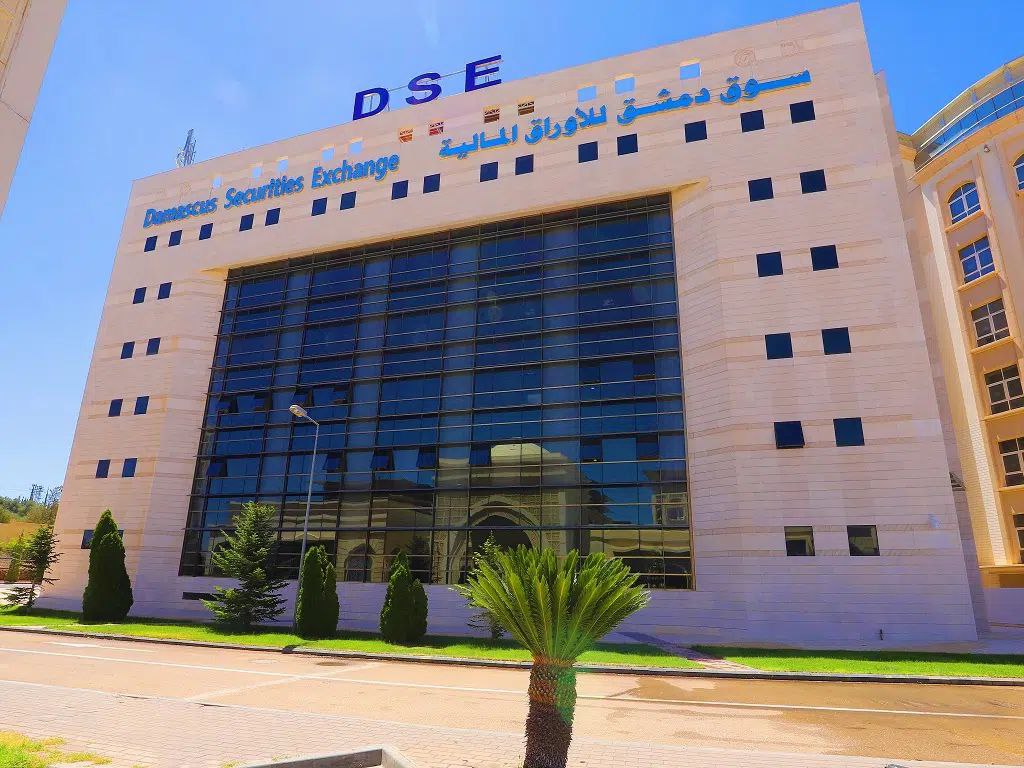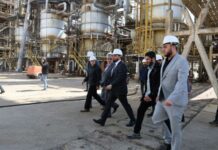
The Damascus Securities Exchange (DSE) witnessed a remarkable recovery during July 2025, with trading volume reaching approximately 29 million shares, a total value of 108 billion Syrian pounds (SYP), distributed across 10,200 transactions—an increase from June. This comes after the market resumed operations in June, following a six-month hiatus, reflecting the beginning of a new phase of economic recovery in Syria.
Comparison between June and July
July 2025 delivered a striking surge in market activity across all indicators. Trading volume jumped from 3 million to 29 million shares, while trading value soared from 7 billion to 108 billion SYP, a 1,442% increase reflecting higher deal sizes and stronger investor confidence. The number of trades rose more than seven-fold to 10,200, and trading sessions expanded from 13 to 23, suggesting the momentum is broad-based and sustained, rather than driven by isolated events. These shifts signal renewed activity and a deeper engagement from investors across the market.
Analysis of Key Indicators
The indices echoed this upswing. The DWX, the broad market index, rose 45.3% to close at 192,696 points, while the DLX, tracking free-float leaders, climbed 66.7% to 24,127 points. The DIX, reflecting Islamic-compliant investments, advanced 64.4% to 3,702 points. The scale of these gains shows that growth was not confined to a few companies but spread across sectors, improving sentiment and stronger market fundamentals.
The Banking Sector Dominates Trading
Banks topped the list of the most traded sectors, with trading volumes of 97 billion SYP in July, representing 90% of the total trading value, due to the attractiveness of their shares to investors. This trend is consistent with the behavior of emerging financial markets. However, the absence of some major banks, such as Cham Bank and the International Islamic Bank, has affected market depth and trading volume.
Challenges and Future Prospects
Resumption of trading on the DSE is viewed positively, but its impact on large transactions faces initial limitations. Most notably due to the release of frozen funds, hesitation from major investors, the absence of blue-chip stocks, and investment caution.
Conversely, delays in the return of some stocks to trading is due to financial disclosure requirements, anti-money laundering compliance standards, asset revaluation by banks, and regulatory decisions postponing the listing of companies’ shares if they believe trading them could cause severe volatility or harm market confidence.
Reforms and Development Plans
The Syrian Ministry of Finance announced plans to expand the DSE’s trading to five days a week starting in July 2025, as part of its efforts to improve the financial market and attract investment. Finance Minister Muhammad Barneh also announced the transformation of the DSE into a private company, making it a key platform for economic development with a focus on digital transformation. These reforms are part of a comprehensive plan to strengthen the Syrian financial market, including expanding the offering of securities, introducing new financial instruments, and enhancing governance and transparency.








